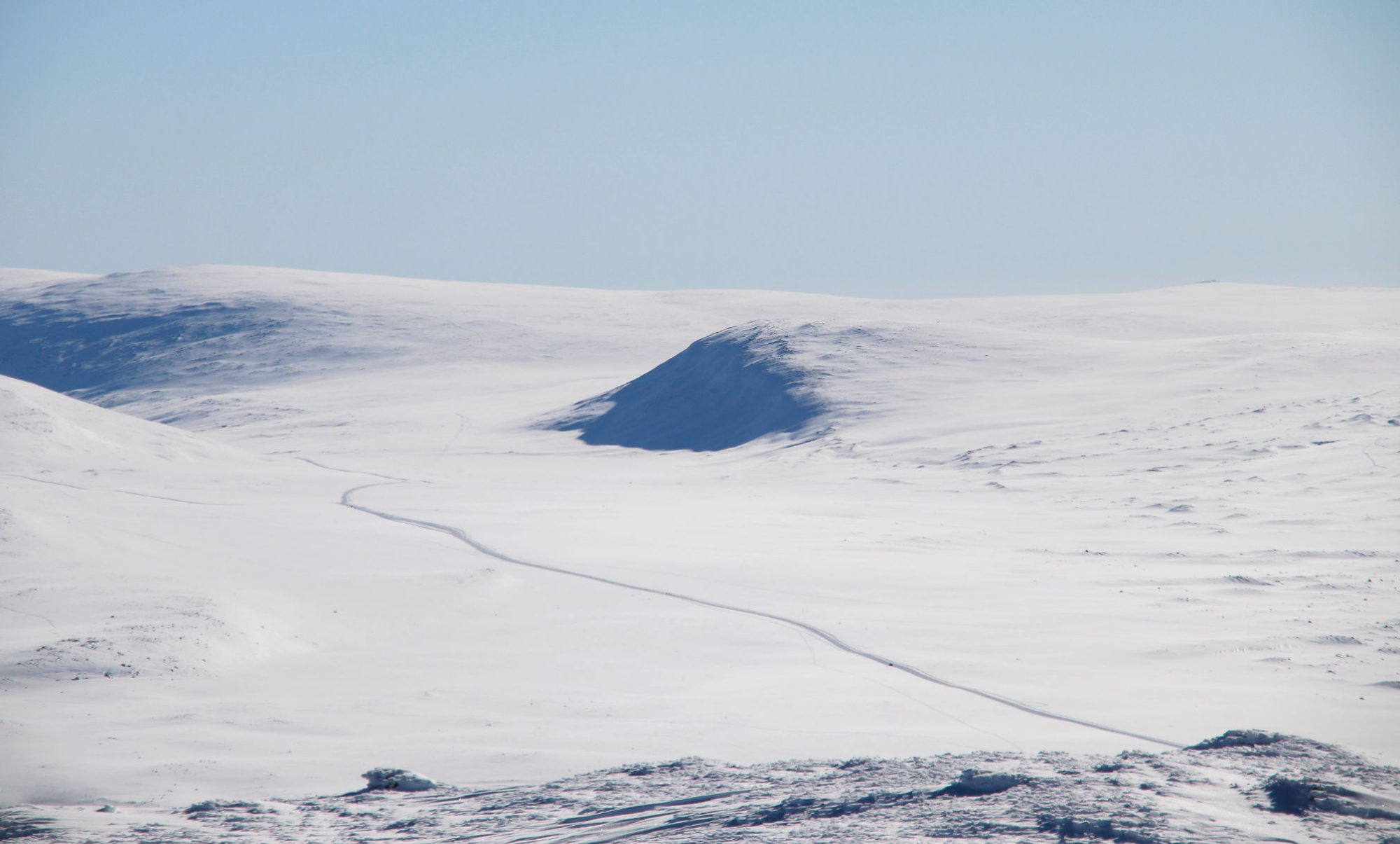Aims and scope of the proposal
Cognitive science studies information processing in intelligent systems. One of its applications is the study of science itself as such an information processing system (Carruthers, Stich & Siegal 2002; Thagard 2012; cf. Reijula & Kuorikoski 2019).
Our goal is to establish a joint research program to investigate science as a cognitive process by combining theoretical and computational tools from contemporary cognitive science with the concepts and insights of philosophy of science.
The cognitive science approach complements the philosophical view of scientific knowledge and methodology.
In philosophy, theories and reasoning are traditionally described in terms of logical inference on sets of propositions, yet modern cognitive science rarely models human thinking as logical inference over systems of propositions. Thus, there is a tension between these two major approaches to understand the nature of scientific thought: while science and scientific reasoning is undoubtedly a product of the human mind, we are still lacking a clear picture of ‘how scientific reasoning works’ based on modern understanding of the human mind, as revealed in cognitive science.
The Architecture of Scientific Cognition workshop in Kilpisjärvi brings together philosophers of science and cognitive scientists to formulate and clarify this tension. For example, one major debate in contemporary cognitive science concerns the fundamental architecture of cognition – various alternatives to the propositional view on inference have been put forward, and rigorously specified (connectionist neural network architectures, dynamical systems, probabilistic inference…).
A major unresolved question is how would science as a process and its epistemology look like under alternative views on the cognitive architecture of human thought (cf. e.g., Clark 2008; Mercier & Sperber 2019)? Can the plurality of information processing architectures be extended to cognitive accounts of the scientific process? Or is science ‘special’, such that “scientific cognition” should in fact be modelled differently from other forms of human knowledge and reasoning? Do similar requirements of rationality apply to all models of human cognition – from brain networks to scientific communities – or are the different levels governed by different “rules of right reason” (Cummins et al. 2004; Mayor-Wilson et al. 2011).
The Deliverables
The primary deliverables of the workshop are:
- Setting up a core team that will work towards the publication of a peer-reviewed international research article on the topic of the workshops.
- Setting up a network of participants who will work with us to apply for project funding from the Academy and/or the ERC.
The workshop will consist of hands-on collaboratory research activities, e.g. white paper drafts, and even funding proposal / article outlines, instead of a series of presentations.
References
Clark, A. (2008). Supersizing the mind: Embodiment, action, and cognitive extension. OUP..
Carruthers, P. E., Stich, S. E., & Siegal, M. E. (2002). The cognitive basis of science. Cambridge University Press.
Cummins, R., Poirier, P., & Roth, M. (2004). Epistemological strata and the rules of right reason. Synthese, 141(3), 287-331.
Mayo-Wilson, C., Zollman, K. J., & Danks, D. (2011). The independence thesis: When individual and social epistemology diverge. Philosophy of Science, 78(4), 653-677.
Mercier, Hugo & Sperber, Dan (2019). The Enigma of Reason. Harvard University Press.
Reijula, S., & Kuorikoski, J. (2019). Modeling epistemic communities. In The Routledge Handbook of Social Epistemology (pp. 240-249). Routledge.
Thagard, P. (2012). The cognitive science of science: Explanation, discovery, and conceptual change. Mit Press.
